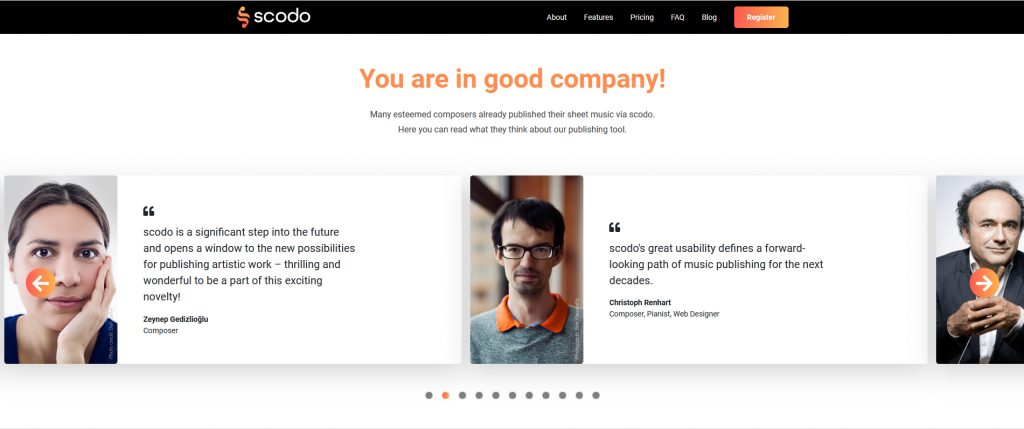I’m very pleased to announce that henceforth works of mine are being published by Universal Edition. It’s a great honour to have become a part of the word’s best music publishing house’s edition. Please feel free to dive into the UE catalogue. Thus far, you can find my works for orchestra/ensemble «L’isola morta», «Catalogue des Arts et Métiers», «Échos éloquents», «Marley’s Ghost», the string quartet «Epitaph for Ovid Naso» and the first book of the album «XXI Oracles Of The Night» for piano there.
Works of Christoph Renhart on Universal Edition
As it is essential for every composer that his or her music is available world-wide, it is a privilege to have a strong partner who takes care of production, distribution, licensing, and invoicing (1). Many of the best composers of the 20th and 21st century—Pierr Boulez, Friedrich Cerha or György Kurtág amongst them—have entrusted their music to UE. The publisher’s quality standards are known to be high in all regards. Even as a young pianist, before I have thought about becoming a professional composer, I did appreciate the perfect graphics and layouts of UE scores. When it gets down to contemporary music, UE scores stand out here even more noticably. Being a perfectionist myself, I’ll do my very best to contribute to this great Viennese tradition, musically and graphically.
Into 21st-century music publishing: scodo
Over the recent years and especially due to digitalisation, the way how new compositions are delivered to the musicians has changed significantly. More and more ensembles do not use printed scores and parts any longer and play everything from a tablet. Other musicians have tried out digital scores but still prefer the paper editions for various reasons. What really matters today is flexibility. Along the lines of responsive web design, sheet music has to be responsive in some ways as well (perhaps, we’ll see some really, i.e. technically responsive scores in the near future written in musicXML or something similar, that’s yet to come). Now, one of the reasons I contracted with Universal Edition is that they really care about the future and they find good answers to today’s challenges. One such an answer is a new publishing tool for composers called scodo.

scodo is designed for composers to upload their works and publish them directly. Composers retain the copyright of their works whereas Universal Edition obtains the exclusive distribution rights. A very nice feature of scodo is also the possibility of quickly updating a work. We all know how Ravel struggled to remove all the happy little accidents from his early editions (and indeed it took him a little longer than the late Bob Ross to create his pieces). So, this goes a little quicker with scodo. Found a missing p at the rehearsal or want to change a b natural in the oboe in bar 543 to a b flat? Just upload the latest version. It’s so useful for composers and this feature by itself will improve the quality of the performing materials of many scores remarkably.
It goes without saying that scores and materials can be ordered either in printed form or in a digital version via UE now (UE has won the ‘digital publishing award‘ for this tool recently). And—in high contrast to sending the performance materials to ensembles just by email—composers can get money for their works, while they remain distributable in a digital form. If you’re interested in publishing your scores via scodo or if you’d like to find out more concerning the business modell, visit the scodo page at UE’s website: universaledition.com/scodo